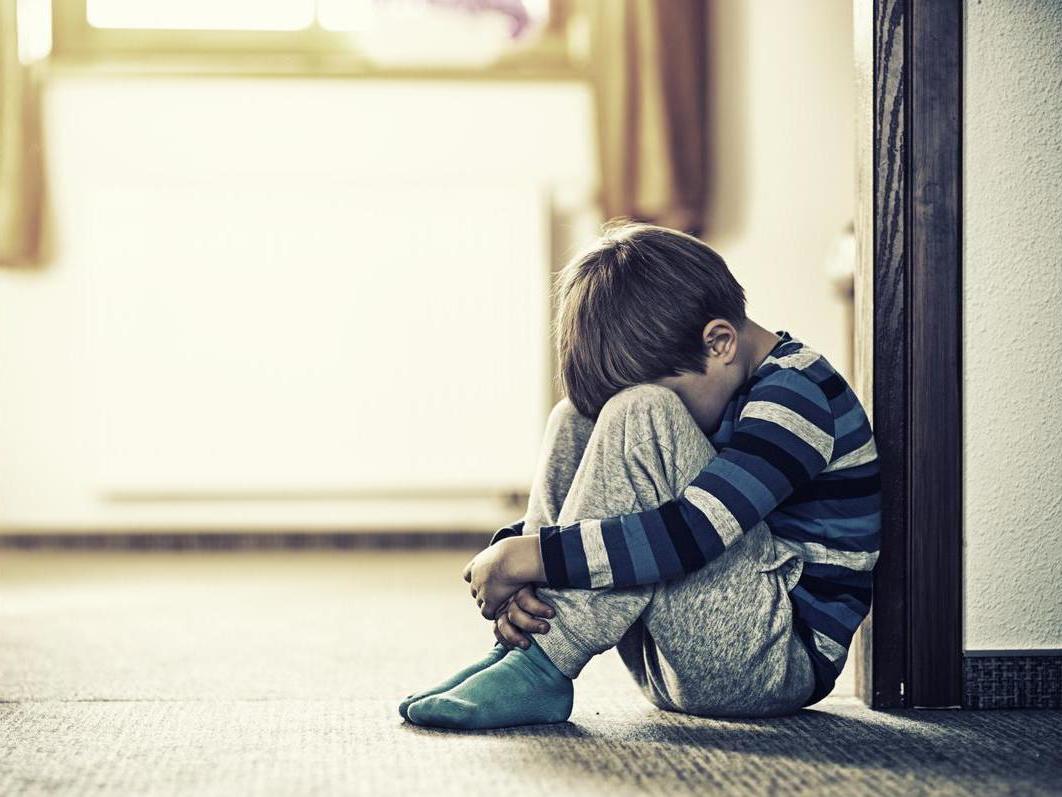Children as young as six calling Childline because they feel lonely
NSPCC delivered more than 4,000 counselling sessions last year to young people suffering from feelings of isolation

Your support helps us to tell the story
From reproductive rights to climate change to Big Tech, The Independent is on the ground when the story is developing. Whether it's investigating the financials of Elon Musk's pro-Trump PAC or producing our latest documentary, 'The A Word', which shines a light on the American women fighting for reproductive rights, we know how important it is to parse out the facts from the messaging.
At such a critical moment in US history, we need reporters on the ground. Your donation allows us to keep sending journalists to speak to both sides of the story.
The Independent is trusted by Americans across the entire political spectrum. And unlike many other quality news outlets, we choose not to lock Americans out of our reporting and analysis with paywalls. We believe quality journalism should be available to everyone, paid for by those who can afford it.
Your support makes all the difference.Children as young as six were among thousands of young people to reach out to Childline for help with feelings of isolation as they struggle with the pressures of growing up in today’s society.
Figures reveal the National Society for the Prevention of Cruelty to Children (NSPCC) which runs the helpline, delivered 4,063 counselling sessions last year - the equivalent of 11 per day - to children suffering from loneliness.
Nearly three quarters (73 per cent) of counselling sessions about being lonely were with girls, making them five times more likely to contact Childline for help about the issue than boys.
It is the first time the charity has recorded loneliness as an issue, after counsellors in the organisation reported consistently hearing from children and teenagers that they feel like they are invisible, misunderstood and those closest to them are struggling to understand their feelings.
Factors behind this include the growth of social media leading some users to make unrealistic comparisons about their life, according to NSPCC. Struggling to fit into new surroundings after moving house or school and losing someone close to them, were also cited as factors.
The charity said that as a result of their low mood young people are often spending a lot of time in their bedrooms or online, with some becoming so desperate they self-harm to cope with their negative feelings, or even contemplate ending their own life.
Young people also told counsellors they didn’t want to talk to their parents about their issues because they were worried about what they would think of them.
One 15-year-old girl who contacted Childline said: “I’ve thought about ending my life because I think it’s pointless me being here. I don’t feel like anyone cares about me and I’m lonely all the time.
“I’ve tried to talk to people about how stressed and anxious I feel, but they’re not bothered. It’s like I’m worthless. Whenever I compare myself to other people, it makes me realise how pathetic I am. I wish I was different.”
A webpage has been created on the Childline website to support young people who are experiencing isolation and loneliness, and the NSPCC has also published advice for parents and carers who struggle to get their children to open up to them.
Peter Wanless, Chief Executive of the NSPCC said: “There is no single reason why so many young people are suffering from loneliness and as result there is no simple fix to the problem.
“What is clear is that the world is becoming an increasingly complex place to grow up in with children and teenagers’ facing daily pressures to achieve what society defines as a successful life – grades, relationships, physical appearance.
“It is therefore vital that children and teenagers have people around them, in particular parents, who they can really open up to about how they are feeling.”
Join our commenting forum
Join thought-provoking conversations, follow other Independent readers and see their replies
Comments